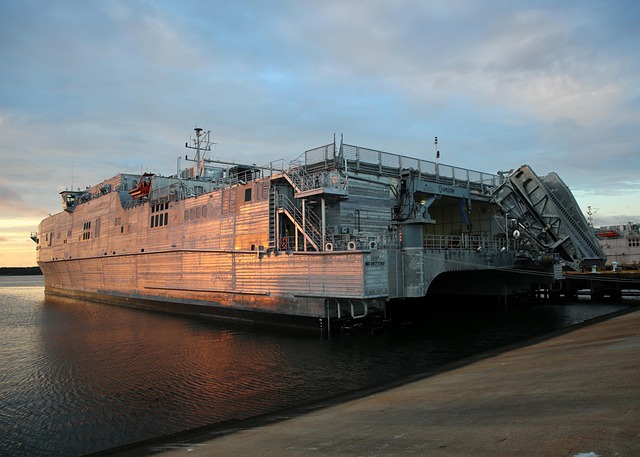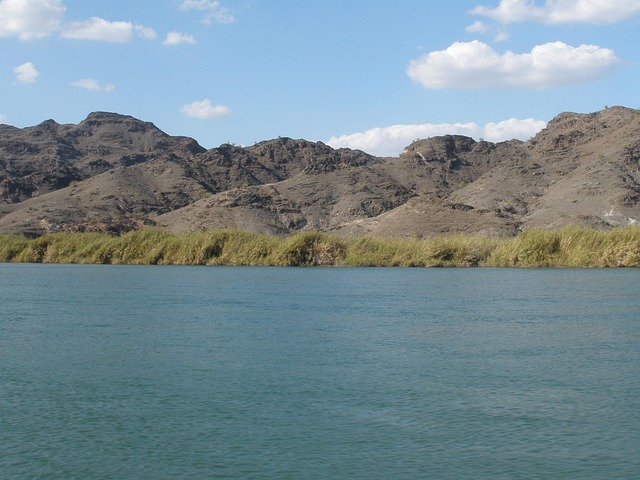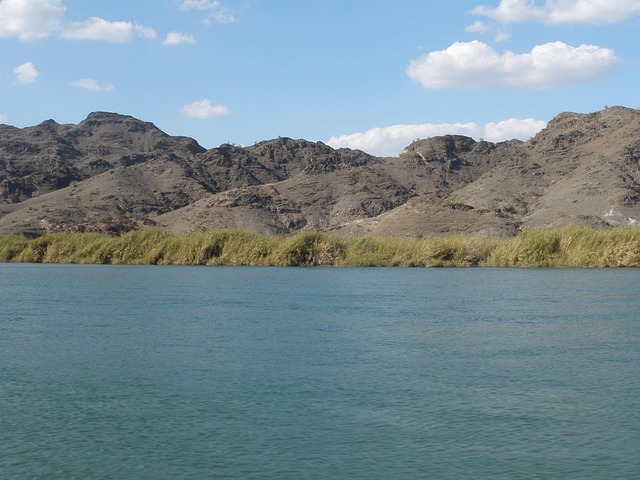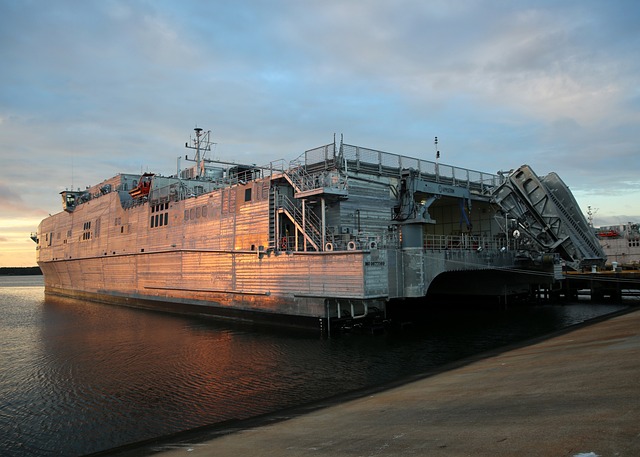Military bases significantly impact local real estate markets, driving up property values and stimulating economic growth through high housing demand and construction jobs. Their closure, however, can cause economic shifts requiring strategic diversification plans to ensure long-term prosperity in affected communities.
Military bases are more than just strategic outposts; they significantly impact local economies. This article delves into the intricate relationship between military presence and real estate markets, exploring how base locations boost property values and attract businesses. We analyze economic spillover effects, where military communities foster growth in local industries, and examine the consequences of base closures, offering a comprehensive view of the economic changes they bring. Discover the profound influence of these installations on surrounding areas, particularly in terms of real estate trends.
Military Presence: Boosting Local Real Estate Market

The presence of a military base can have a significant impact on the local real estate market, bringing about both opportunities and challenges. One of the most notable effects is an increase in property values. The influx of service members and their families often leads to higher demand for housing, driving up prices. This trend is particularly evident in areas close to bases, where developers and investors may target these locations for new projects, further stimulating the market.
The military’s presence can also attract businesses and services to the region, creating a ripple effect on the local economy. Construction activities related to base expansion or improvements contribute to job creation and boost the overall vitality of the area. As a result, nearby neighborhoods may experience revitalisation, with new restaurants, shops, and amenities emerging to cater to the diverse needs of both military personnel and civilian residents.
Economic Spillover: How Bases Support Surrounding Communities

Military bases often act as catalysts for economic growth in their surrounding areas, generating a phenomenon known as economic spillover. One significant contribution is through real estate development. Base installations require substantial infrastructure and construction, which stimulates local businesses and creates employment opportunities. As a result, nearby communities may experience an influx of new residents seeking housing, leading to vibrant property markets.
Furthermore, the presence of a military base can attract diverse industries and services, fostering a thriving business ecosystem. Local enterprises benefit from the increased foot traffic, supply chains, and demand for goods and services. This economic ripple effect extends beyond the base’s fences, enhancing the overall prosperity and stability of the region, especially when combined with well-planned community development strategies.
Base Closure Impact: A Comprehensive Look at Economic Changes

When a military base closes, it triggers a cascade of economic changes that ripple through the local community. Historically, bases have been significant employers and economic drivers in the regions they inhabit, contributing substantially to real estate development, local businesses, and public services. The loss of these institutions can lead to substantial job vacancies and reduced tax revenues, creating a challenging environment for both individuals and businesses within the area.
This transition period often presents unique opportunities and challenges for the region’s economy. On one hand, it allows for the repurposing of base infrastructure, such as housing units or training facilities, which can stimulate real estate markets and attract new investments. On the other hand, communities must strategically plan for economic diversification to mitigate risks associated with the loss of a major employer, ensuring long-term stability and prosperity.






